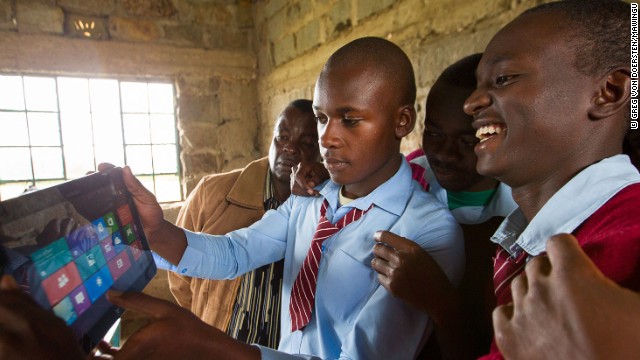Part of Kenya’s vision 2030 goal is to become a knowledge based society. The country has seen significant growth in the use of internet, particularly in urban areas. The growth is supported by enhanced infrastructure such as electric connectivity, roads, and payment systems.
According to a report by Kenya Institute for Public Policy Research and Analysis, internet users in Kenya rose to more than 26 million in 2014 from only 4.77 million internet consumers in 2010. The rise in number of internet users is attributed to liberalization of the telecommunications sector as well as increased investments in the industry. Currently, Kenya has several internet service providers such as Wananchi group, Safaricom, Telkom Kenya, Bharti Airtel, Surf, and Jamii telecommunication.
Rural areas have lagged behind in the number of internet users yet they have the largest portion of Kenya’s population. An estimated 15% of rural dwellers have access to internet services compared to over 80% of urban dwellers. Rural regions lack supportive infrastructure needed to provide internet services. As a result, the areas do not reap the benefits of internet connection such as; job opportunities, improved productivity, easy access to information, and reduced transaction costs.
Researchers at the Kenya Institute for Public Policy Research and Analysis recommend that government put in more resources toward developing internet infrastructure in the underdeveloped areas. The investment will lead to better wages and improved lives for rural communities. Subsequently, improved internet connectivity will translate to a better economy.



